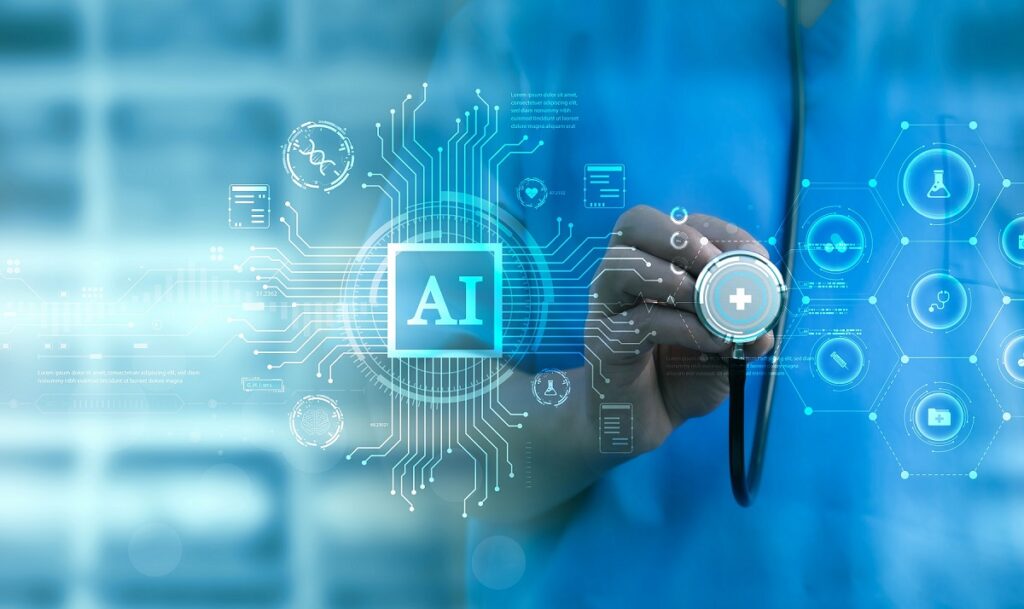By Shaun Crinion, Deputy Head of IUC and Digital programme – TPHC
The use of Artificial Intelligence (AI) in the health and care space is a hot topic in 2024. Popping up across agendas at various healthcare conferences, AI’s presence is far wide and its pace is blistering. Within the health and care space, many are turning to digital technology and automation tools to consider how AI can help balance their system, deliver direct referral, or support staffing issues.
Here at TPHC we are blazing a trail to leverage technology to support the significant and persevering staffing issues within urgent and emergency care (UEC) and NHS 111. Tech also plays a part in our efforts to deliver on a range of other success criteria across the spectrum of what makes healthcare “good”: patient experience, efficiency, safety, to name just a few.
Unlocking triage automation with AI
AI integration into NHS 111 has been implemented with a product called Visiba. Visiba’s platform allows remote consultations between patients and healthcare professionals and while some might ask if this is what 111 already does, the Visiba integration allows for the patient to do the heavy lifting at the initial history taking stage, without the need for the non-clinical health adviser.
Whilst patient guided decision trees have been around for many years, what sets Visiba apart is its use of a medically trained probabilistic network. In practice, generative and conversational AI is surfaced through a friendly chat bot and image analysis to deliver a fully formed assessment with each aspect of the assessment factored into the final context, including the image. This is all bundled up and shared with the clinician as a formed-up case to review and call back. Visiba also offers access to a priority scoring, based on Manchester triage, and a differential diagnosis “likelihood scoring”, which is very much something new.
Helping clinicians to maximise their time
While this integration of a product into the system offers a range of benefits, the harnessing of technology into the NHS can be seen as a triumph in and of itself, and at the least, a minimum foundation for further improvement. Could integration with large language models unlock a further efficiency when patients notes are summarised automatically, and clinicians simply approve the summary?

AI integration invites us to reimagine what the health and care system front door might look like with a rapidly learning well-balanced triage tool. Are the days of “trusted assessor” finally coming to an end with the use of a tool that can be trained by the receiving service directly to wholly assure appropriate referrals only?
Perhaps we are at the beginning of the end of the time-consuming back and forth process of agreeing referral suitability across disciplines in UEC.
Learn more about our UEC programme here.
